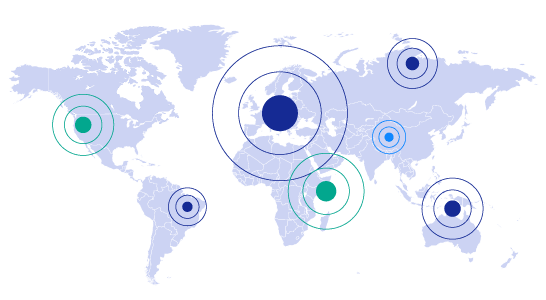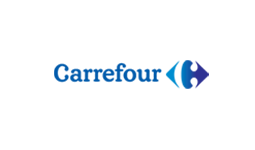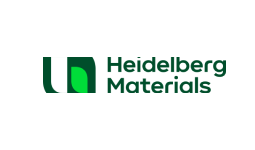Mandatory Electronic Invoicing in Denmark
Learn how to get your company ready to exchange documents in accordance with regulations in Denmark
Learn how to get your company ready to exchange documents in accordance with regulations in Denmark

Denmark is no newcomer to the world of e-invoicing – since 2005 it has been mandatory in the public sector (B2G) for public administrations and their suppliers (covering all suppliers for all contract work for all authorities). This means that transactions with public entities must be documented with electronic invoices.
In B2B relations, these issues are still under review, and e-invoicing is still voluntary, but entrepreneurs can exchange electronic invoices if both parties agree to it. In May 2022, the Danish parliament adopted a package of reforms regarding the Danish Accounting Act ("DBA"), which refers to the obligation to keep and archive accounts in digital format. It will be implemented successively. Under the DBA, all companies, regardless of size, that are currently required to submit an annual report and report it to the Danish Business Authority, will be covered by the new book-keeping rules via a digital accounting system from 1 January 2024. Other companies subject to accounting, including partnerships, associations, branches and others that are not required to file an annual report and report it to the Danish Tax Authority, will be covered by the new book-keeping rules via a digital accounting system from 1 January 2026.
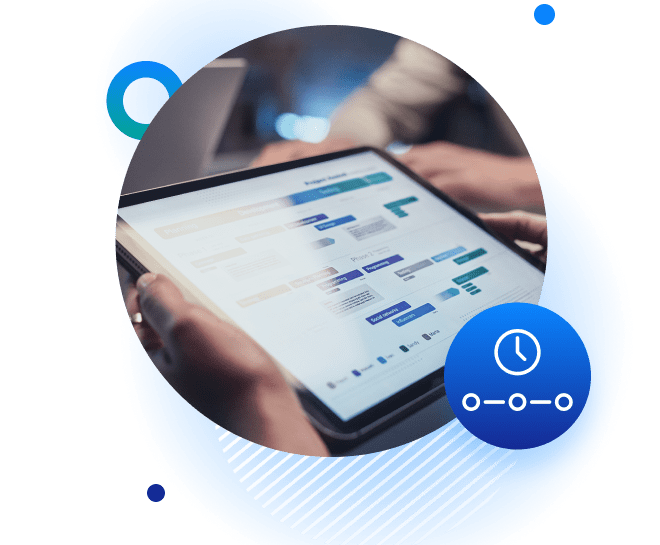
Sole proprietorships with a turnover of less than DKK 300,000 will be exempt from the requirement to use a digital accounting system, but of course must still comply with all other requirements of the law.

Denmark has a centralized model which also operates using the PEPPOL system. The entire system is supported by the official NemHandel platform. This is shared public digital infrastructure for the exchange of business documents between private companies and public authorities, the use of which has been in place since 2005. In order to send and receive digital business documents via the NemHandel platform, the company's accounting system must be connected to an access point that ensures that invoice data meets the necessary security standards.
PEPPOL in Denmark is a set of artifacts and specifications enabling cross-border e-procurement. The Danish Business Authority (ERST) is the PEPPOL Authority, which means that ERST is responsible for the registration of companies that wish to become a PEPPOL Access Point or a Service Metadata Publisher. ERST is also responsible for ensuring the long-term adoption of e-procurement using the PEPPOL network as the platform.
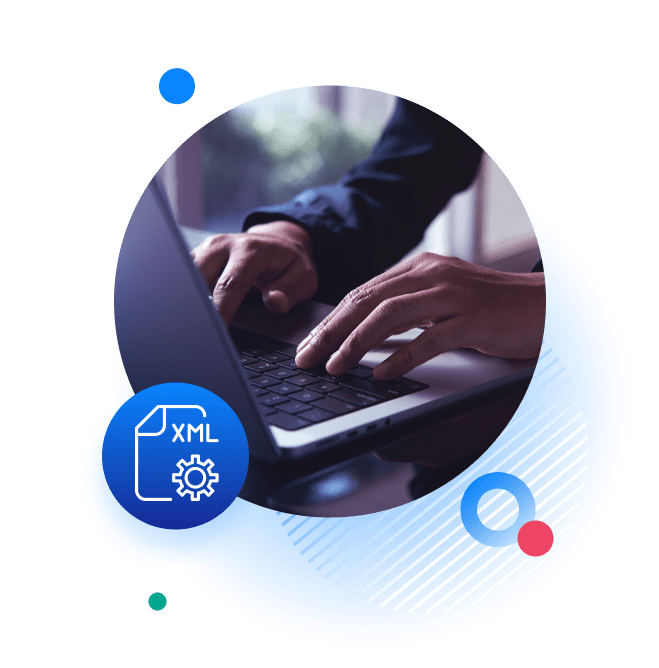
The formats that are supported are OIOUBL and PEPPOL BIS.

Companies must store accounting materials securely for a period of 5 years after the end of the financial year to which the material relates. As a matter of some interest, the requirement to retain accounting materials in Denmark has been abolished.
We have 20+ years of experience in carrying out various EDI, e-invoicing, and other document exchange projects around the world. In those years, we have successfully connected more than 130,000 entities from over 60 countries.
Full compliance with the latest data exchange regulations and modern data transfer standards
Applying new technologies and IT solutions in order to streamline workflows and automate activities and procedures
Tailor-made solutions based on processes specific to each company – own road map and a suitable pace of changes
Highest level of security for all sensitive and important company data
If your company is based or has branches in the CountryName and you need to prepare your billing and tax systems to comply with the new requirements. Click on the button below to get in touch with one of our experts.
